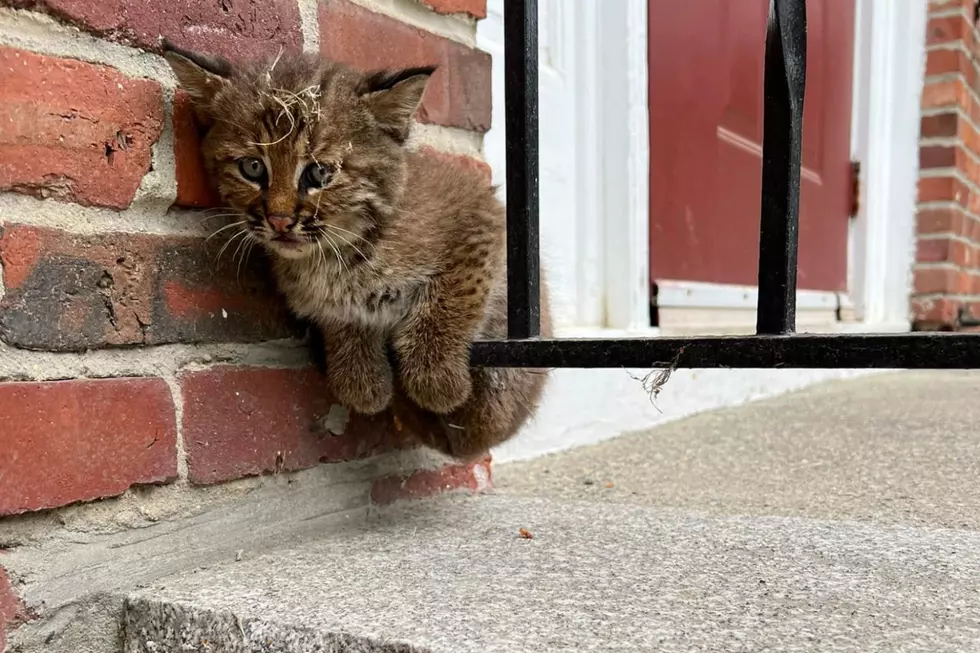
What Portsmouth Delaying Styrofoam Ban Means For The Environment
UPDATE (December 31, 11:45 a.m.): In a turn of events, the council voted to allow ordinances banning single-use plastics on city property which will go into effect December 31. The Styrofoam ban begins next September. Penalties are still being decided by the council.
The Portsmouth City Council voted last week to delay its Styrofoam ban to 2021 and delay its ban of single-use plastic distribution to 2022. The Styrofoam ban will not start until September 30 of next year, with penalties not yet determined.
On December 7, the council voted to consider postponing the single-use plastics ban until 2022. During the December 21 meeting, the council voted unanimously to postpone the single-use plastics ban.
At the meeting, the minutes of which were posted online by the city, several residents including high school student Abigail Herrholtz, president of the Portsmouth High School Eco Club, spoke against the delay. Herrholtz started a petition which currently has over 200 signatures.
Said Herrholtz: “In 10 years, with our plastic-filled streets and rivers, do you think you would want to come here and vacation?”
The council first voted on the plastic ban in 2019, and the ban would have started at the end of 2020 if not for the council's reversal last week.
City councilor Peter Whelan cited concern during the meeting that a Styrofoam ban would burden restaurants, especially during the COVID-19 pandemic. Similarly, Portsmouth Mayor Rick Becksted voiced concerns that a Styrofoam ban would have negative consequences during the pandemic, especially as neighboring cities have not banned single-use plastics.
Jen Kennedy, the executive director and co-founder of Blue Ocean Society based in Portsmouth, says the organization sees a lot of single-use plastics and Styrofoam on New Hampshire’s Beaches. Styrofoam and single-use plastics are not recyclable or compostable. Kennedy says that limiting the use of disposable items will stop litter from reaching the beaches in the first place.
The International Union for Conservation of Nature (IUCN) reports 80% of marine debris is from plastics and Styrofoam.
Results from Blue Ocean’s 2019 beach cleanups show that plastic pieces were the second-most found material and foam pieces were the sixth-most found. Out of the top 10 items collected, foam and plastic constituted seven out of the 10 most collected items.
And the litter isn’t just found on the beach.
“Plastics can impact all stages of the food web, from tiny plankton to the largest whales,” Kennedy said.
Styrofoam easily breaks into many pieces and is digested by marine life, and researchers estimate it takes 500 years or more to decompose.
“The pandemic has definitely made things more challenging – we had the temporary ban on reusable bags in New Hampshire,” Kennedy said. She points to Seacoast refill stores, such as We Fill Good in Kittery and The Refill Station in Portsmouth, as plastic-free alternatives.
Added Kennedy: “Any move to limit the amount of plastics is better for the environment and the ocean.”
Maine was the first state to ban Styrofoam in 2019 and Portsmouth would have been the first city in New Hampshire to enact the ban.
LOOK: 50 photos of American life in 2020
More From Seacoast Current








